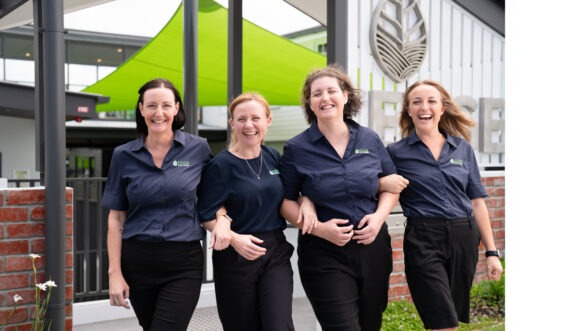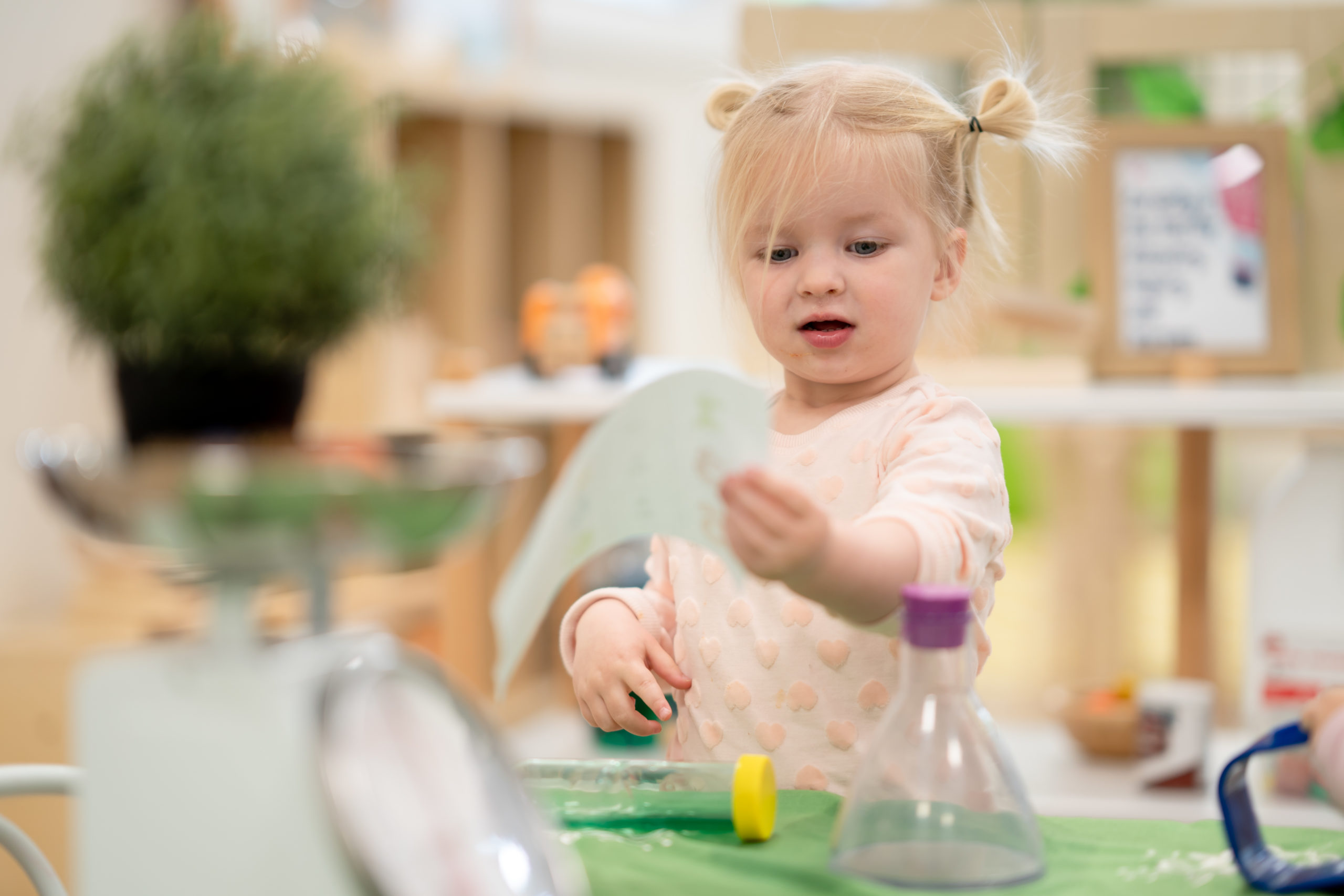
Community, Wellbeing
Arts and Crafts, Community
17 March, 2026

Across the week, Educators from the Bilinga centre took the opportunity, in light of current events, to educate and inform the children on the basics of safe hygiene practices, which included various activities with the same purpose.
Children aged between 18 months to over 2 years old rotated through the activities, one which involved using pepper to replicate germs.
The experiment required the children to dip their hands into soapy water and then into a bowl filled with water and pepper, to mimic how the germs immediately moved away from their fingers with clean hands.
Another activity included filling gloves with water and drawing germs on them, then washing off the germs with soapy water while singing happy birthday twice through.
The purpose of these learning experiences was to educate children about germs in the context of the current climate and the importance of washing your hands to keep healthy and happy.
Educators from the centre also created visual cues from the initiative and then displayed these around the centre and in classrooms for children and families to refer to.
Off the back of the activity, children have started showing initiative and washing their hands when transitioning to and from mealtimes, creating conversation between their peers about washing their hands, keeping their faces clean, using a tissue when needed or coughing into their elbow.
This learning experience at the Bilinga centre has been an extension of Edge Early Learning’s inquiry-based learning curriculum, which has broadened conversation within their community of families and children.
Edge Early Learning are committed to the health and wellbeing of our families, children and team members across all centres and place great importance on teaching children the necessity of basic hygiene practices such as washing your hands and that it can be used everywhere, in the classroom and at home.
The exercise was also able to create a real way these children of younger years can take action for themselves.